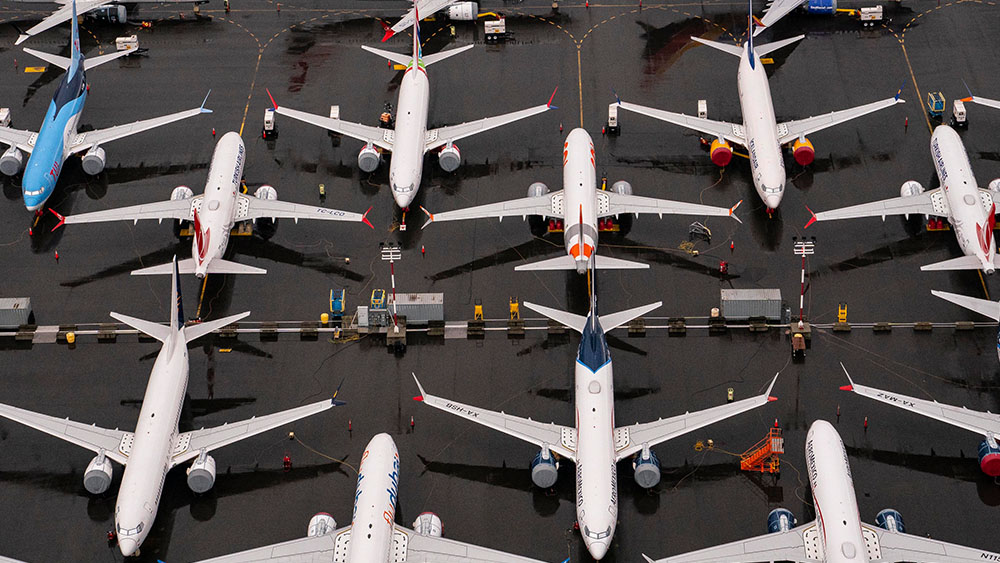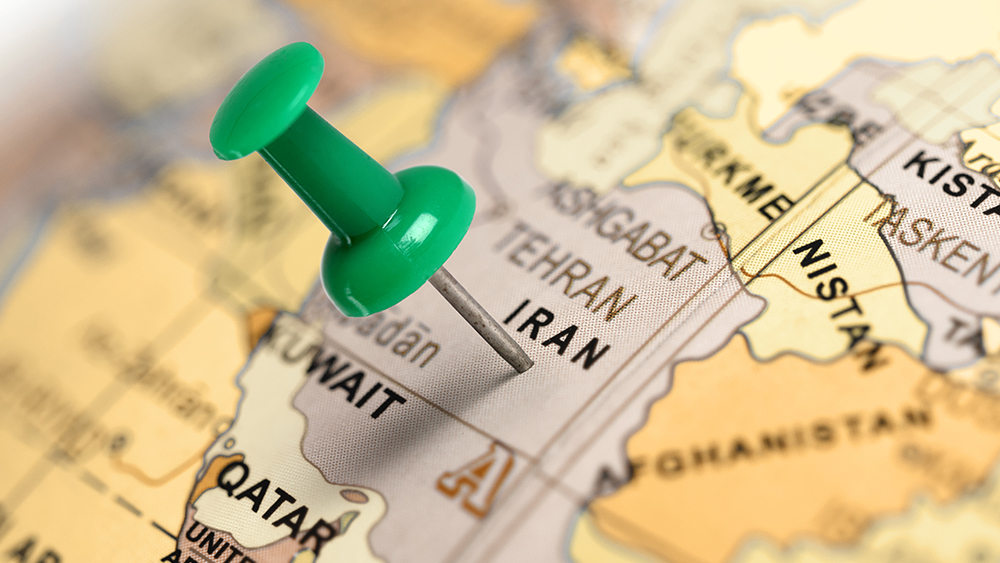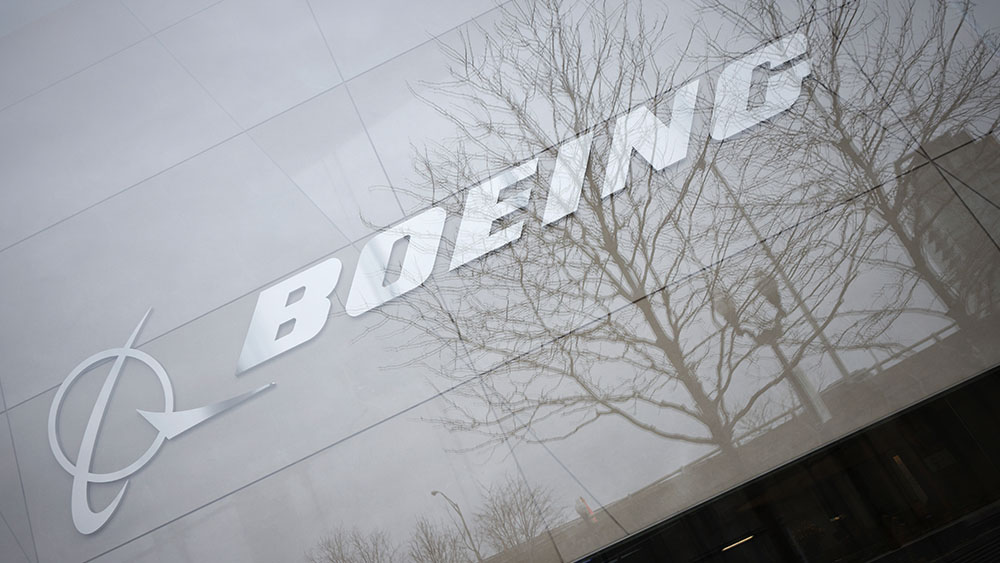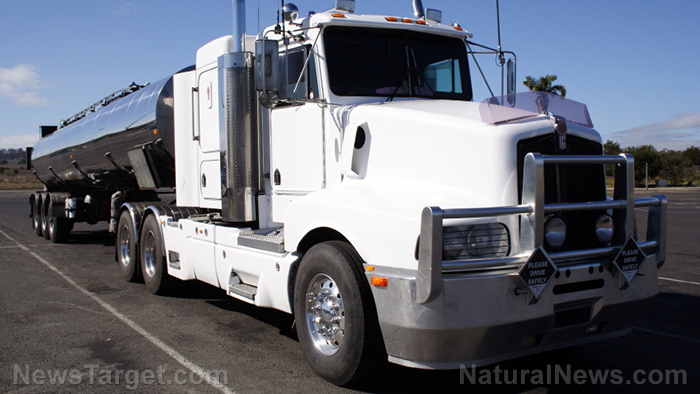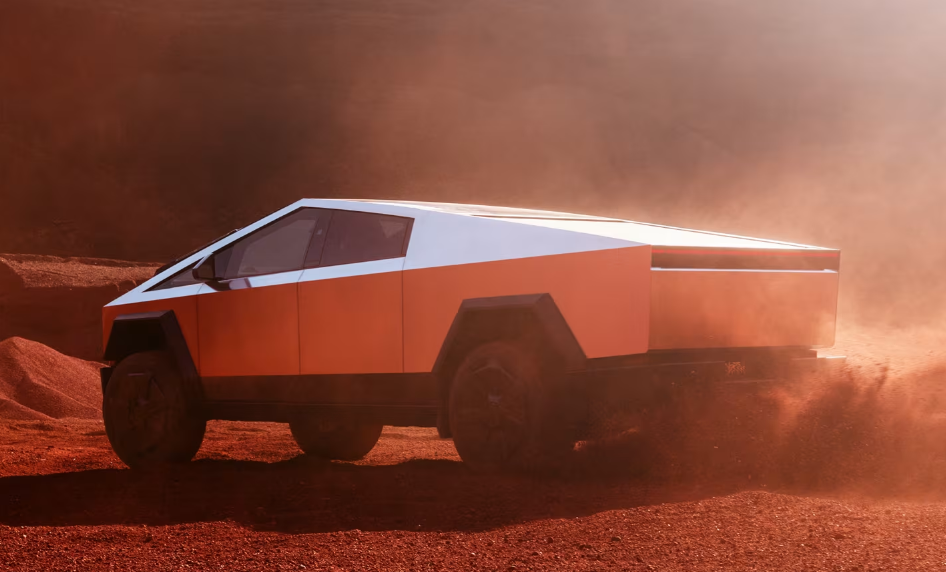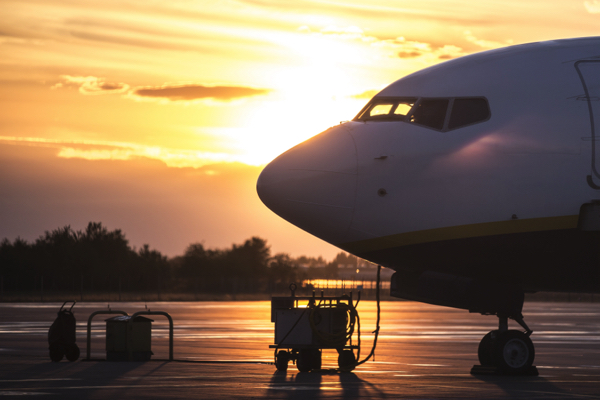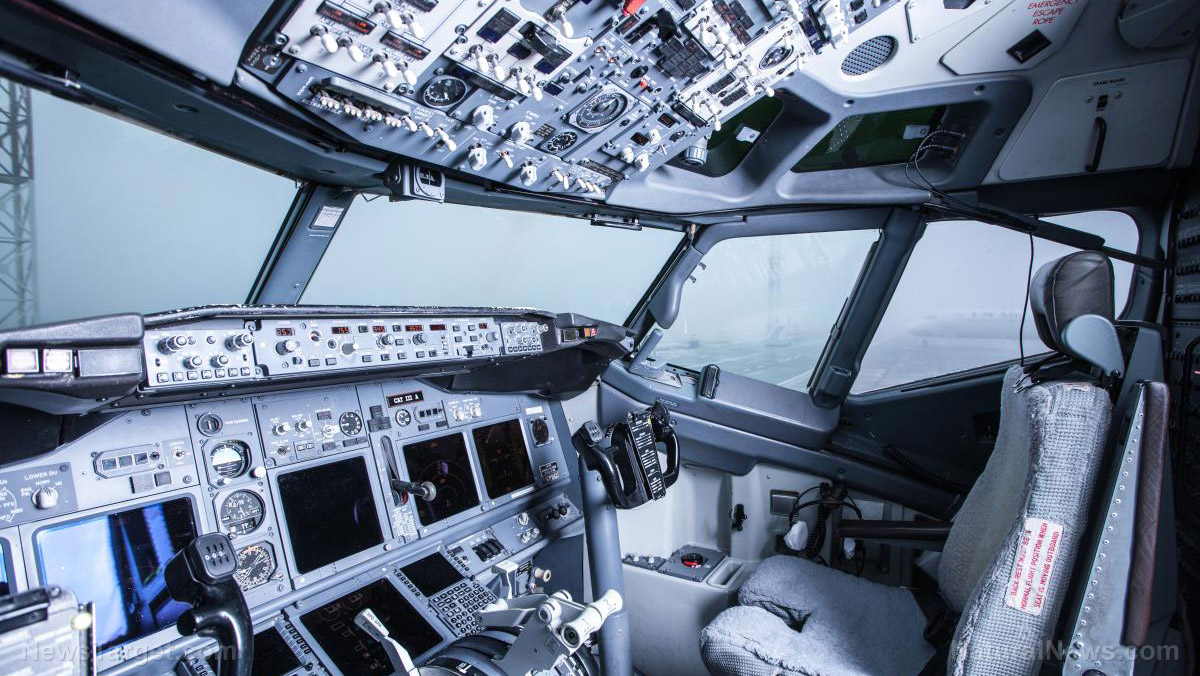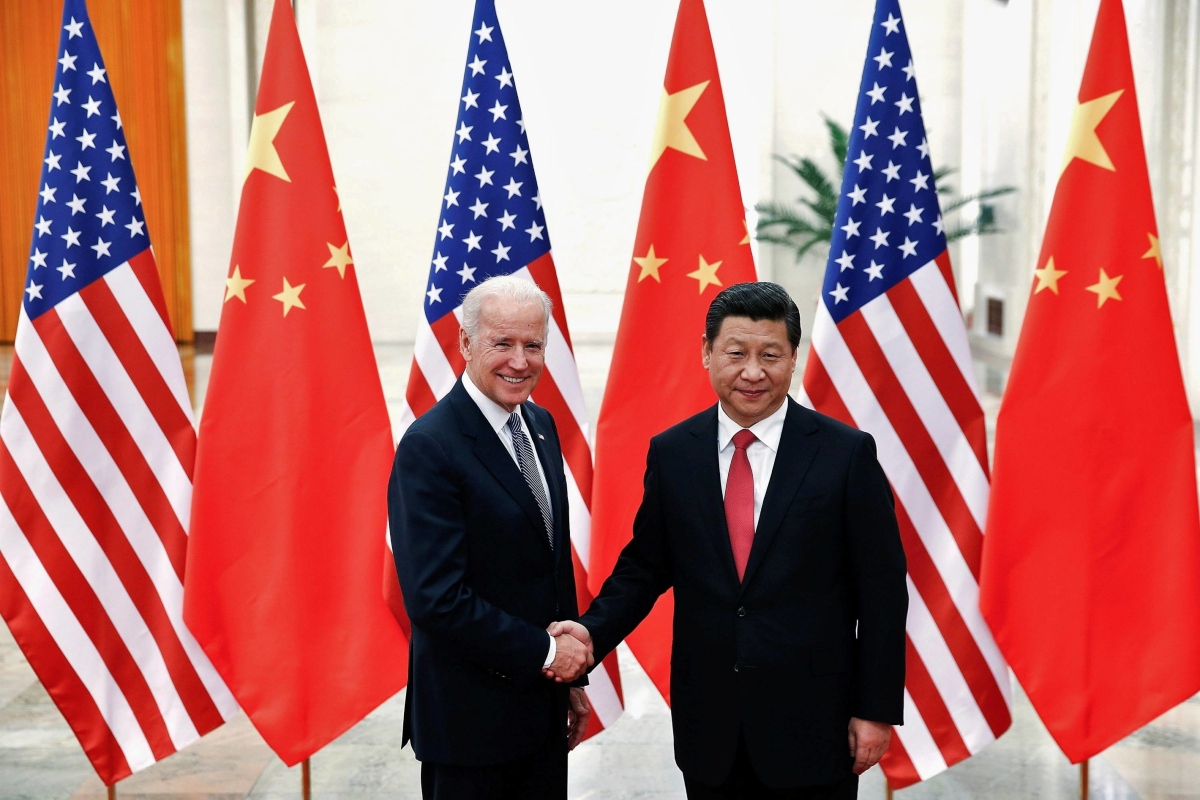Tesla in Full Self-Driving mode failed to detect a moving train, nearly causing deadly collision
05/30/2024 / By Ava Grace
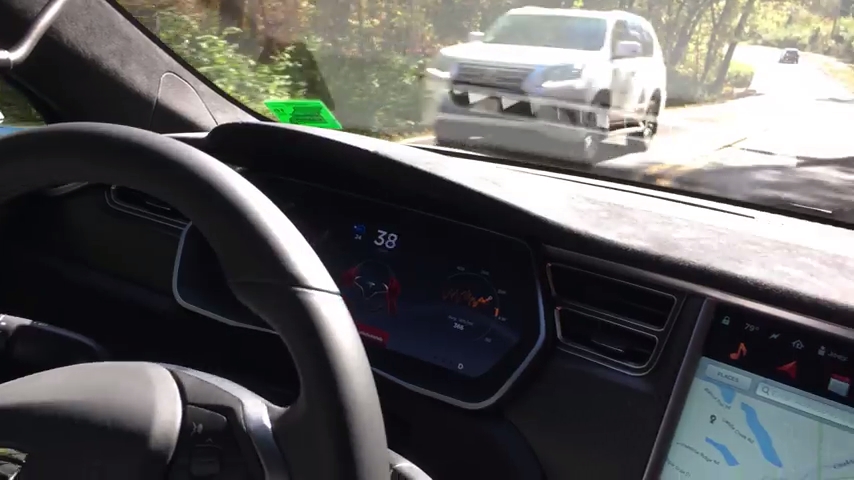
A Tesla vehicle in Full Self-Driving mode failed to detect a moving train to stop on its own, leading to the car’s owner having to take control of the vehicle at the last second to avoid crashing into it.
The car’s owner and driver, Craig Doty II, a certified general appraiser in Ohio, told NBC News of the incident, noting that he takes full responsibility for the accident but added that he also believes Tesla’s Full Self-Driving technology as it was installed in his vehicle is “defective.” (Related: Widow of the first known “Full Self-Driving” fatality: We were sold a false sense of security.)
“I was the only one in the car. I was the only car in the accident. So yes, it was my fault, it had to be,” Doty said. “But I feel it was more that the damn car didn’t recognize the train.”
“You do get complacent that it knows what it’s doing,” he said of the Tesla technology. “And usually it’s more cautious than I would be as a driver.”
Doty was driving at around 60 miles per hour (mph) when the incident occurred. The speed limit on the road was 55 mph, according to Doty and a police report filed of the accident.
According to a video from the car and the police report, conditions were foggy, but the dashcam video of the crash showed that moving boxcars and the telltale flashing red lights of an active train crossing signal could be seen at least five seconds before the accident.
Doty said that his Tesla failed to slow down as it approached the train and that he slammed on the brakes and took over the car’s steering manually, directing it off the road to avoid the train.
“I was like there’s no way it doesn’t see the train,” he said. “There’s no way it doesn’t see the flashing lights. Yes, it was foggy, but you can still see the lights.”
Tesla sells Full Self-Driving technology despite parts of it being in “beta” mode
Full self-driving mode is Tesla’s premium driver assistance option. Tesla CEO Elon Musk has promoted it as a crucial part of the company’s future. Tesla says parts of the technology are in beta mode, but that hasn’t stopped the company from selling the experimental product to drivers for $8,000 upfront or $99 per month.
FSD requires drivers to keep their hands on the wheel of the vehicle while it steers for them. Tesla refers to the application of the technology as “supervised.”
“Your vehicle will be able to drive itself almost anywhere with minimal driver intervention and will continuously improve,” Tesla stated on its website. “The currently enabled Autopilot and Full Self-Driving features require active driver supervision and do not make the vehicle autonomous. Full autonomy will be dependent on achieving reliability far in excess of human drivers as demonstrated by billions of miles of experience, as well as regulatory approval, which may take longer in some jurisdictions.”
A spokesperson for the National Highway Traffic Safety Administration said the regulator “is aware of this incident and is gathering more information from the manufacturer.”
Doty said his hands were on the wheel for the duration of the incident. The Tesla-generated crash report he provided to NBC News also shows that the system recognized that his hands were on the wheel just moments before the accident.
The Tesla report shows that the car maintained a speed of around 60 mph while in Full Self-Driving mode before Doty slammed on the brakes and turned the wheel.
Doty said he had owned the Tesla since last year and had come to rely on its Full Self-Driving mode, which he said took some of the burden out of his long commutes, estimating that he had driven 20,000 miles with the feature activated.
“It’s convenient once you get past the awkwardness of it doing everything for you, doing it most times better than you would or more cautiously,” he said.
Doty was given a citation for “failure to control” the vehicle, which comes with a $175 fine. In the court hearing over the citation, Doty pleaded no contest and asked for the court to be lenient, given that the car was in Full Self-Driving mode. The judge agreed to strike the citation if Doty proved by July that the damages to the rail would be fixed and paid for either by Doty or his insurance.
“I think Elon Musk can show up and pay the fine,” he said. “I understand that I am in control of the vehicle, but I don’t go around causing mayhem and getting in wrecks and driving outlandishly out of control.”
Watch this video and learn about how self-driving cars have evolved through time and how they present new challenges to cybersecurity.
This video is from the DailyVideos channel on Brighteon.com.
More related stories:
NHTSA probes Tesla’s recall of 2 million cars over Autopilot concerns.
Tesla recalls more than 2 million cars to fix a defective driving system following DEADLY CRASHES.
Widow SUES Tesla over “dangerous” electric vehicle that KILLED HER HUSBAND.
Sources include:
Submit a correction >>
Tagged Under:
accidents, autonomous vehicles, car crashes, car safety, cars, chaos, computing, dangerous, disaster, Elon Musk, Full Self-Driving, future tech, glitch, information technology, inventions, national security, panic, products, road safety, self-driving cars, tesla, trains, transportation
This article may contain statements that reflect the opinion of the author
RECENT NEWS & ARTICLES
FlyingCars.News is a fact-based public education website published by Flying Cars News Features, LLC.
All content copyright © 2018 by Flying Cars News Features, LLC.
Contact Us with Tips or Corrections
All trademarks, registered trademarks and servicemarks mentioned on this site are the property of their respective owners.

